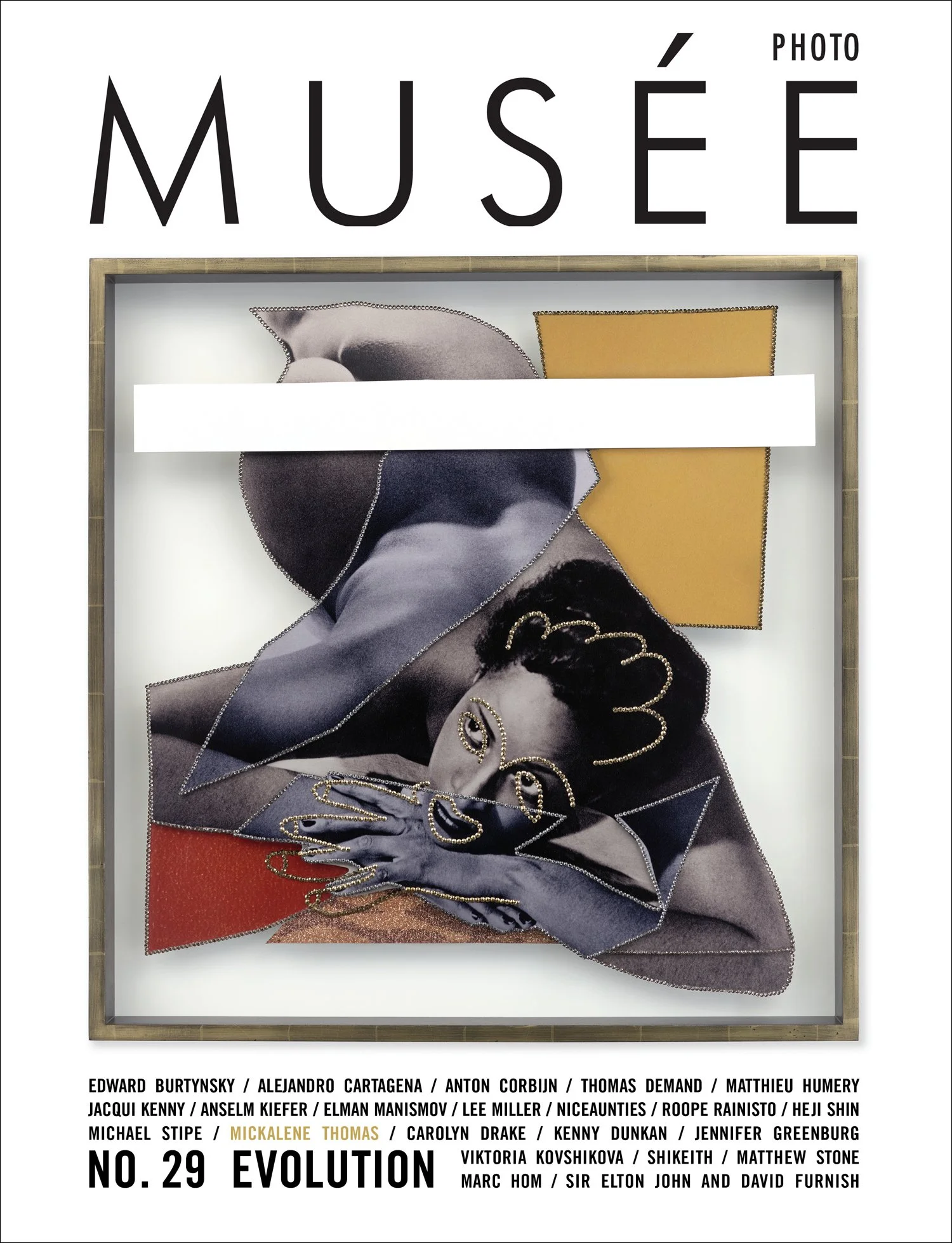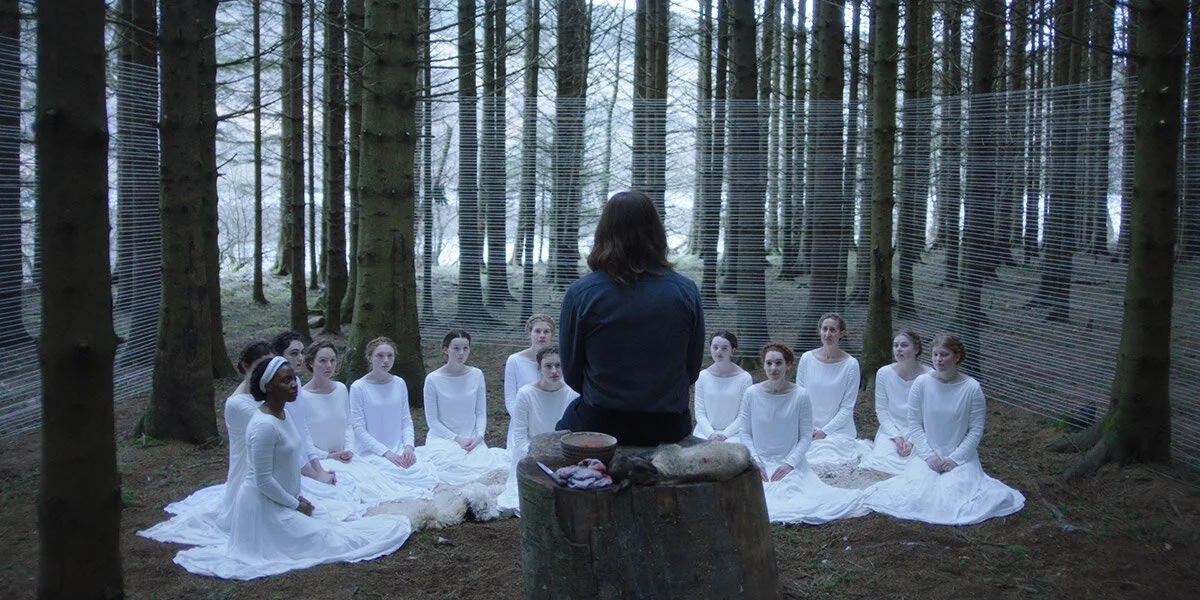Film Review: The Banishment (Izgnanie) (2007)
Film Still from © The Banishment
Directed by: Andrey Zvyagintsev
Review by: Belle McIntyre
The decision by MOMA to screen this film ten years after its initial creation is totally appropriate as it is certainly one of the most artistic, ravishingly beautiful films I have seen. It is part of a retrospective of the work of Andrey Zvyagintsev, arguably the creative heir to the great Andrei Tarkovsky, known for ravishing cinematography employed to tell stories with an extraordinary concentration on surface detail lending even brutal scenes a sort of lyrical beauty. Based on a 1950’s book The Laughing Matter by William Saroyan, there is definitely nothing to laugh at in this tragic story of the unravelling of a family. Although the film received mixed reviews when it was first released, Konstantin Lavronenko, who plays Alex, won the best actor award at the Cannes Film Festival in 2007. This is the second film of Zvyagintsev, after the 2003 release of The Return which won the Venice Film Festival’s grand prize. Since then Elena and Leviathan and Loveless have received world-wide releases.
The mysterious story begins with Mark (Alexander Baluev), a slightly thuggish guy, arriving at his brother Alex’s apartment in the city with a bullet in his arm and refusing to go to the hospital, insisting that Alex remove the bullet. No further explanation is given and the scene shifts to Alex, his wife Vera (Maria Bonnevie) traveling to Mark’s house in the country where they are planning to spend an idyllic two weeks. This is serious Russian country - vast and empty, with endless fields of long grasses occasionally populated with herds of sheep. The house is old and wonderfully rustic sitting alone on a hill with a wooden foot bridge over a wide ravine leading from the road. The contrast between this and the bleak industrialized look of the city, which seems to have been depopulated, could not be starker. What both locations share is a lack of evidence of any extraneous humans or activity.
There are numerous interruptions to the idyll in the form of phone calls from Mark to Alex requiring clandestine meetings in borrowed cars and trips back and forth to the city on empty roads with unspecified purpose. It all looks pretty shady, but nothing is revealed. Clearly, Mark is a dodgy character, who seems to be some sort of “fixer.” Alex’s disturbing and secretive behavior as well as Vera’s inexplicable sadness as if she is harboring a painful secret, builds a sense of tension, which is leavened by lovely scenes of the family enjoying the joys of the countryside and interacting with friends with similar age children. When Vera finally reveals her surprising secret to Alex, it is done with so little emotion with no regret nor explanation. She tells him she is pregnant and that he is not the father. He neither rages nor despairs nor asks who the father is or what she intends to do about it. He heads out into the woods to process the whole thing. Things on the surface continue as before, as a way to spare the children.
Alex has absorbed this reality and takes control of the situation; change is inexorably occurring and now there is a discernible momentum building. The decisions made have tragic results, which seem to cascade and cause legal and logistical complications, yet still there is no emotion revealed onscreen. There follow many dramatic actions which we do not see. Tension is indicated by subtly calibrated music, sudden deluges of rain, and jarring telephones ringing in this restrained and largely silent film. We see only the prelude and the aftermath of the plot elements and the characters all seem to be devoid of passion or normal human emotions. Feelings are not discussed or expressed. No anger. No jealousy. No desire. This is not Tolstoy.
If this sounds like an indictment, let me correct that immediately. This succeeds in spite of languid pacing, opaque flashbacks and unclear motivations because that is more than made up for by the stunning visual pleasures to be had in every frame. The virtuosic camerawork utilizes complicated angles with artful uses of reflected images, dramatic wide angle sequences of austere beauty of the countryside contrast with the desolate empty hardness of the industrial city. For me, the most compelling aspect was the breathtaking interior scenes. Each one as perfectly composed and framed as a painting, with soft warm light illuminating the details from the background. The fact that they are often scenes of extended stillness with a painterly quality validates each of them as their own entity. For me, that was more than enough.
Belle McIntyre








